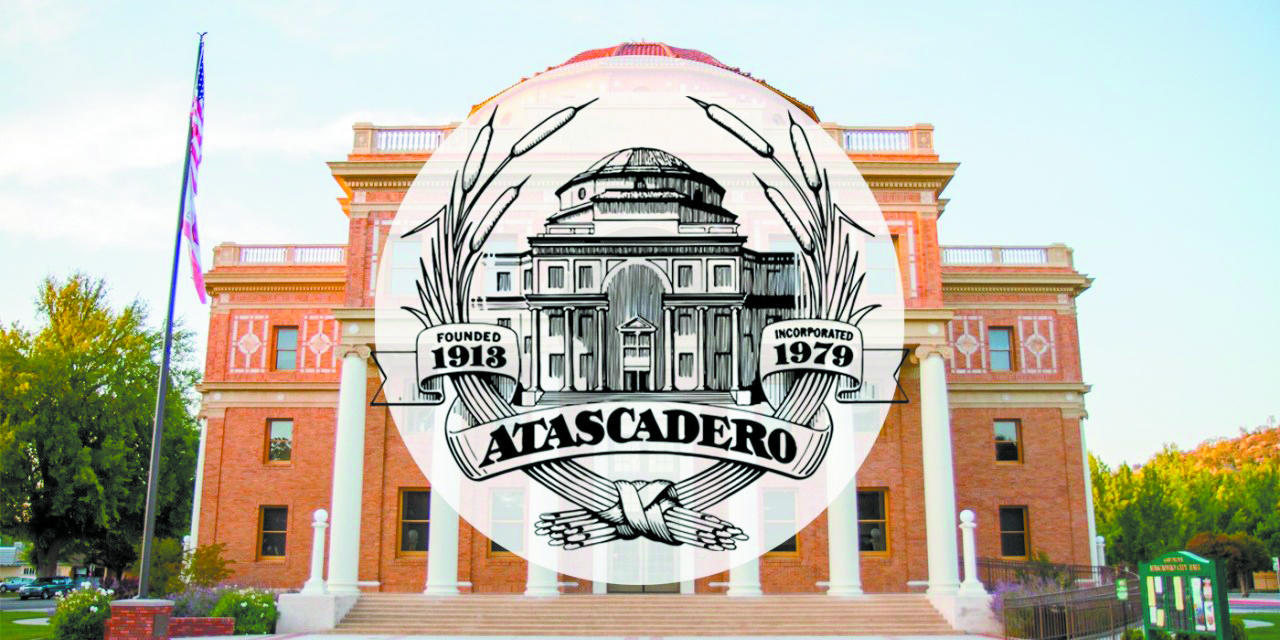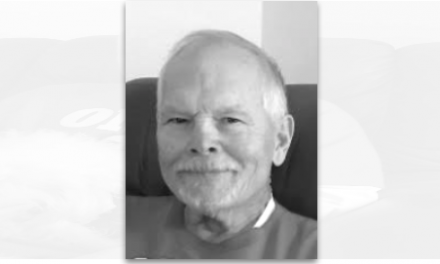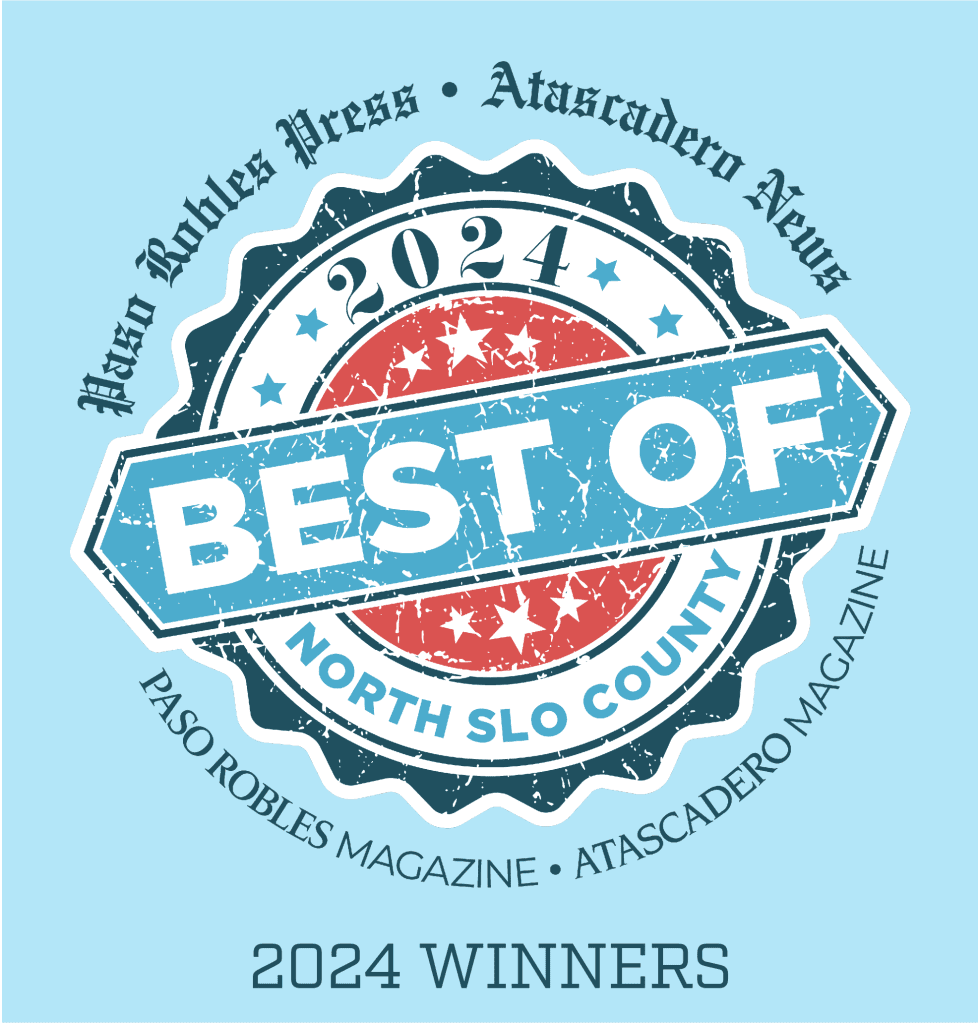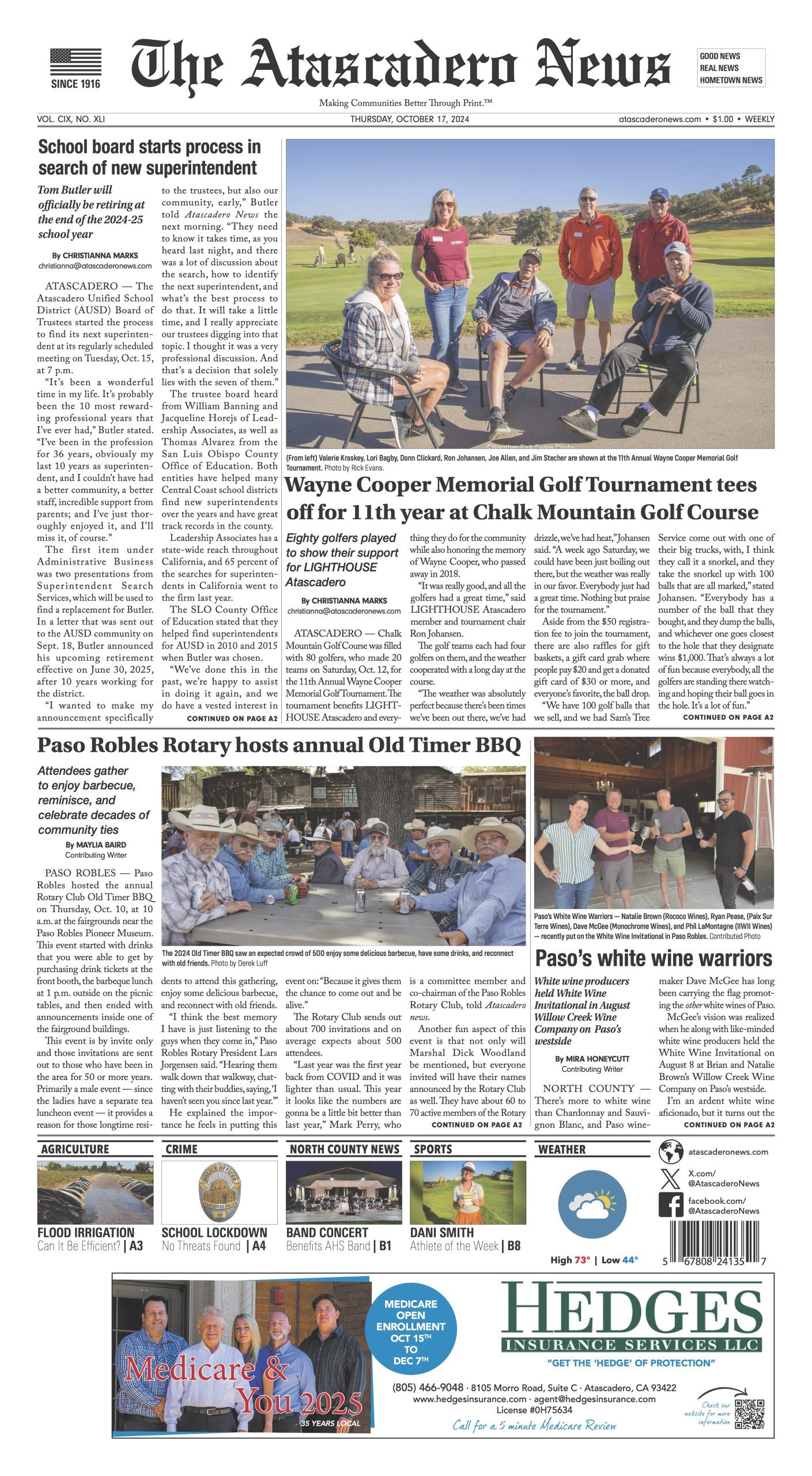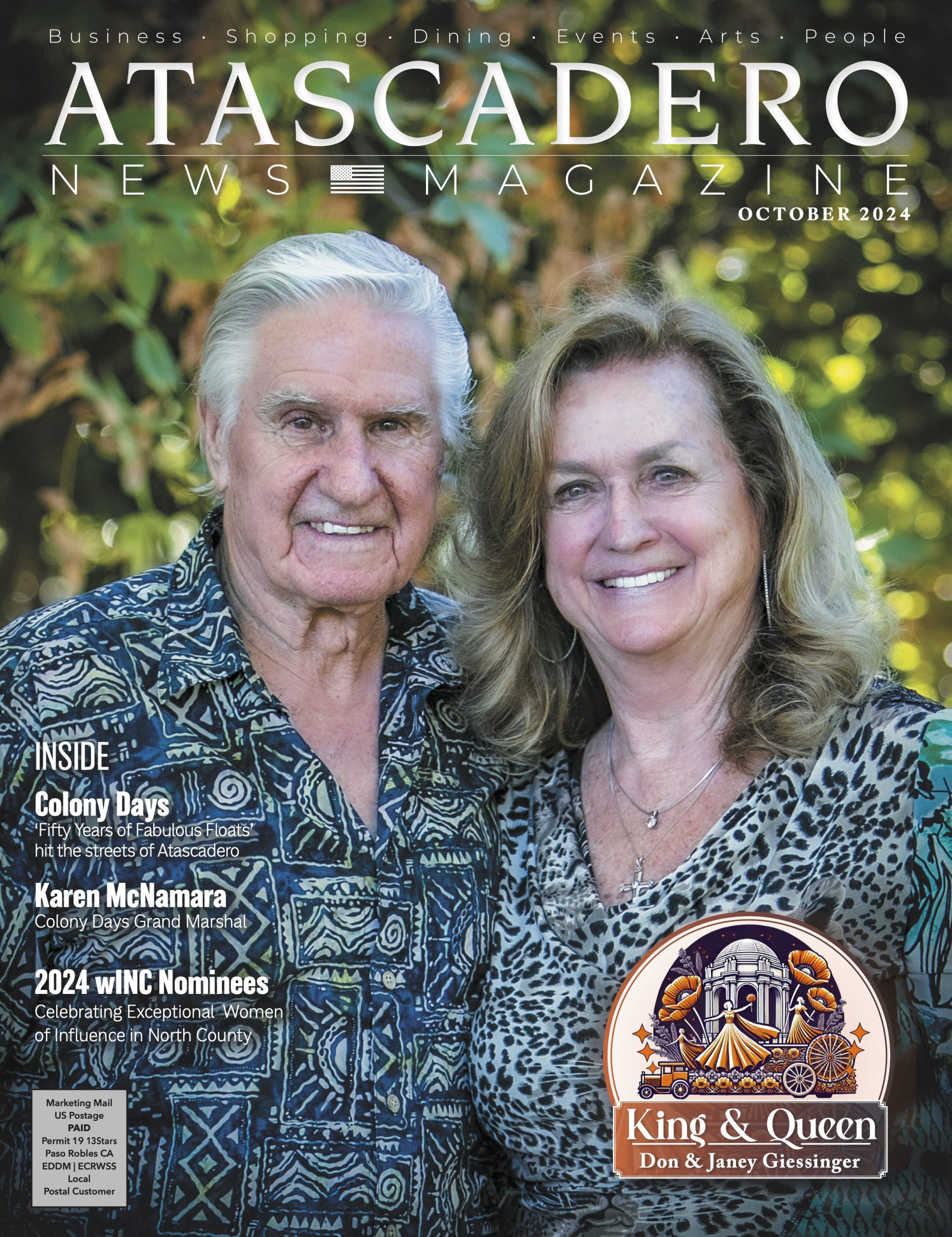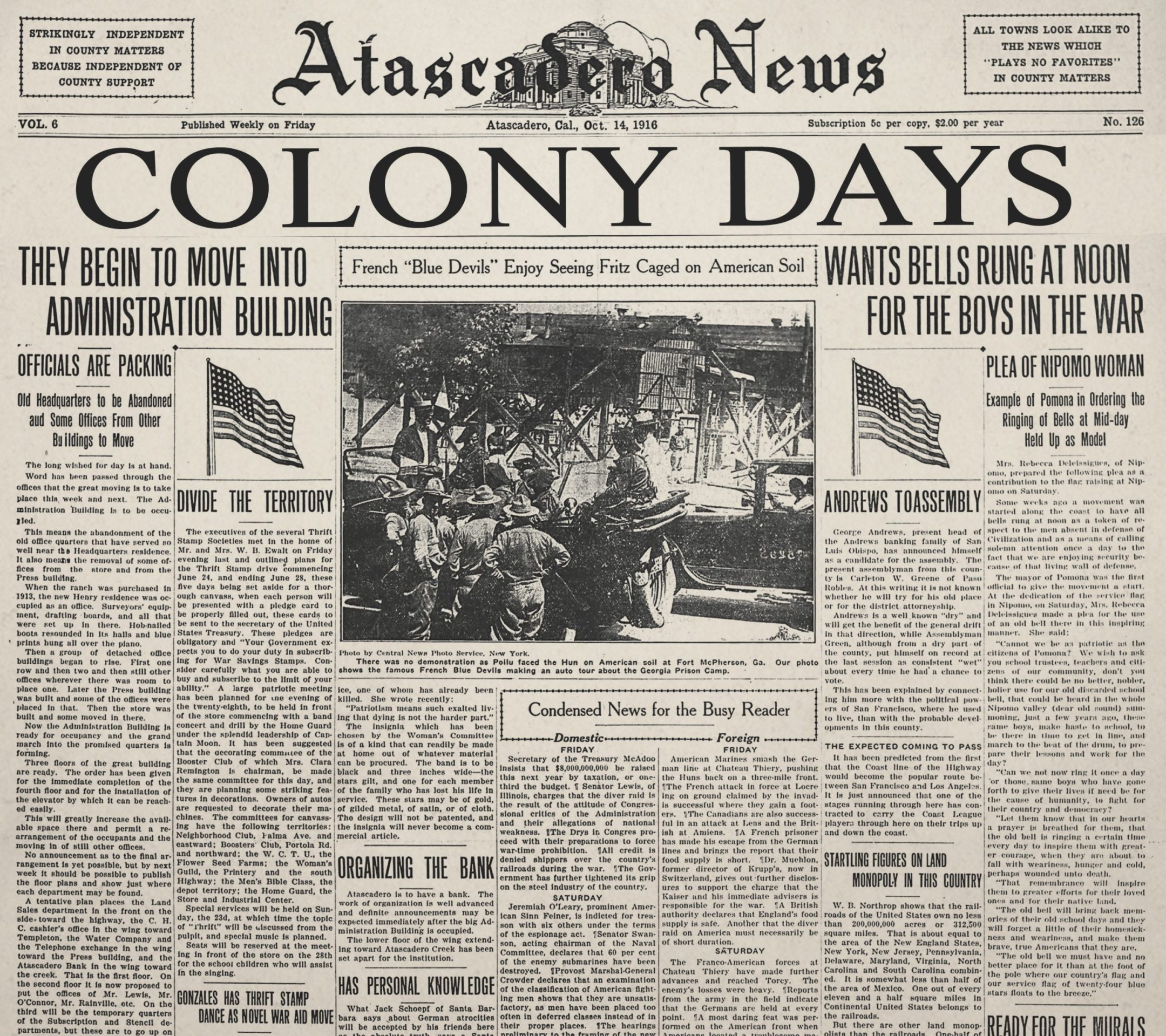ATASCADERO — The Atascadero City Council came together the Tuesday night before Thanksgiving with a robust agenda, including discussion on cannabis in the City, the addition of pickleball courts at Colony Park, and construction at the Traffic Way and El Camino Real intersection.
Council opened the management reports portion of the meeting with a presentation from Public Works Director Nick Debar on the proposed addition of pickleball courts at Colony Park.
In December of 2019, the City Council approved changes to the Colony Park master plan and set aside space for three to four pickleball courts. At the time, Council did not direct City staff to appropriate funds but stated it was amenable to discussing a funding partnership with the Atascadero Pickleball Club in the future.
Since the Council approved the changes, the pickleball club has begun fundraising and has raised over $42,000 in pledges, funding, and labor and materials donations. The four proposed courts would be built to the right of the existing outdoor basketball courts located behind the Community Center.
Council was presented with several different pricing options based on the concrete’s thickness needed for the courts. The site still needs to have soil testing done, which is a key factor in determining the project’s ultimate cost. After much discussion by the Council members, they agreed to contribute $150,000 to the courts. The item was not voted on but will be brought back to the Council in the next few weeks after soil testing has been performed.
The next order of business for Council was a regular hot-button issue in Atascadero — cannabis. In May of 2020, Council decided to re-examine existing cannabis ordinances looking for other commercial cannabis business land uses.
Atascadero currently allows residents to purchase cannabis through delivery services located outside of the City.
Community Development Director Phil Dunsmore provided a long and detailed presentation on the different land uses available such as indoor commercial cultivation and distribution centers. Dunsmore provided data from other local communities that have moved forward with cannabis, such as Grover Beach, San Luis Obispo, and Morro Bay but noted each of those cities have storefront retail, which brings in the majority of the tax revenue.
“In our discussions with other communities, it does appear that the majority of the tax revenue and job creation happening now is under a retail storefront not from manufacturing, cultivation or other land uses,” Dunsmore said. “There is some revenue from non-storefront delivery.”
Dunsmore also noted that the City has received multiple requests for cannabis retail storefronts but have not received any for manufacturing, stating that many cannabis companies use vertical integration to grow their companies and want that retail component before entering a City.
Council members asked several questions regarding market demand and decided that without a retail storefront, no action moving forward is needed at this time and that cannabis zoning can be addressed again at a later date.
“If you are saying there needs to be vertical integration, having staff do all this work for something that is not going to come seems rather foolish since we have a lot on our plate and we have things we need to be doing,” Councilwoman Roberta Fonzi said.
While storefront cannabis retail will not be coming to Atascadero anytime soon, the Council did instruct the City staff to look into non-storefront deliveries as a way to generate some revenue. Currently, if someone in Atascadero were to buy cannabis from an online delivery and pays online, the revenue generated goes to the City that had the point of sale, not the City it was delivered in.
The Council’s third and final order of business Tuesday night was the Traffic Way Sidewalk Accessibility and Pedestrian Ramp Construction Award. The project, which was first awarded funding in 2017, will remove pedestrian barriers along Traffic Way and at the intersection with El Camino Real to meet the American Disabilities Act requirements.
According to the agenda packet, the money will come through the City’s Community Development Block Grant, which was awarded $100,612 during 2017, $198,449 during 2018, and an additional $87,235 for a total of $386,296.
The City received six bids on the project, and R. Burke Corporation submitted the lowest proposal at $236,930 but notified the City on Nov. 16 that its offer contained a clerical error and requested that it be withdrawn. The next lowest bid belonged to G. Sosa Construction at $286,385.
On Nov. 17, the City received a written bid protest from the third-lowest bidder, JJ Fisher Construction. Staff recommended that the Council reject Fisher’s objection stating it was “without merit.”
After a little discussion, the Council agreed and voted unanimously to reject Fisher’s protest and awarded the construction contract to G. Sosa Construction.

